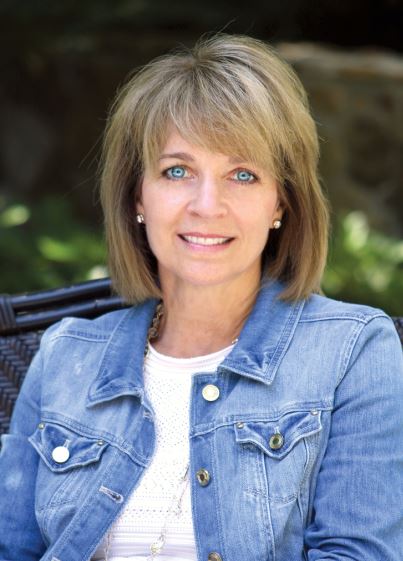 |
| photo: Stephen Camp |
Julie Strauss Bettinger is the author of a collection of essays and coauthor of four books, including Blasted by Adversity: The Making of a Wounded Warrior. Bettinger holds a master of fine arts in creative nonfiction from Goucher College in Baltimore and bachelor's and master's degrees from Florida State University. Her latest book is Encounters with Rikki: From Hurricane Katrina Rescue to Exceptional Therapy Dog (Inkshares, January 26, 2016).
On your nightstand now:
Dear Mister Essay Writer Guy: Advice and Confessions on Writing, Love, and Cannibals by Dinty W. Moore. He's the editor of Brevity, the journal of concise literary nonfiction, and supplier of much of the humor in my life.
Favorite book when you were a child:
When I was very small, I was enamored with Shel Silverstein's The Giving Tree, a gift from my godparents. As a preteen, I read and re-read Richard Adams's Watership Down. Then there was The Hobbit by J.R.R. Tolkien. I was so taken with his characters that when a friend dared me to try out for a beauty pageant, I crafted a monologue of Bilbo Baggins when he meets the swamp creature, Gollum. Strangely, it won me a spot in the contest. Which was a real eye opener for this tomboy, who preferred boot-cut jeans and bareback horse races to stuffed bras and swimsuit competitions.
Your top five authors:
I write creative nonfiction, so I read that genre almost exclusively. My number-one, all-time-favorite author is John McPhee. I have half a bookshelf devoted to his work. Of like kind is Tracy Kidder, a slightly smaller collection, but just as weighty in the craft. Through my Goucher College MFA program, I studied under Pulitzer Prize-winner Tom French. He was best known for his St. Petersburg Times newspaper serials about murder and later, his book, Zoo Story: Life in the Garden of Captives. More recently, I have a girl crush on Mary Karr. Lit was pure poetry to me and led me to her collection Sinners Welcome. I crave to one day be able to break rules and bend words like Karr. My fifth? Probably Diane Ackerman. I can lose myself in her words.
Book you've faked reading:
Faked reading to me is in the same category as "tried my best, but it just wasn't working." Don't tell my writing mentors, but I'd have to say In Cold Blood by Truman Capote. I have tried and tried, and I secretly feel vindicated when discussion groups share stories about him fictionalizing parts of this "true account." My creative nonfiction motto: Don't make (stuff) up!
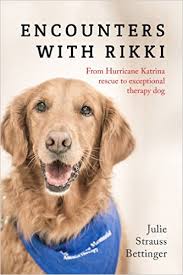 Book you're an evangelist for:
Book you're an evangelist for:
Oh, no. Just one? Really? This is torture. Well, I tend to be an evangelist to encourage other writers on their projects. And they are usually seeking to write "true stories, well told." So that takes me back to the best book on the craft, authored by the "godfather" of my genre, Lee Gutkind: The Art of Creative Nonfiction. Sure, it was first published in 1997, but I've been in Gutkind's audience as recent as last year, and he's still preaching the same message with great effect: "Scenes are the building blocks of good creative nonfiction."
Book you've bought for the cover:
Parting the Curtains: Interviews with Southern Writers by Dannye Romine Powell. It has a literary-ish black-and-white of Eudora Welty from 1972 on the cover. Just lovely.
Book you hid from your parents:
That would be Shanna by Kathleen E. Woodiwiss. I might have exposed my secret when I named my pet calf after the protagonist's lover, Ruark.
Book that changed your life:
The Writer on Her Work: Contemporary Women Writers Reflect on their Art and Situation. I read it in college and it planted the seed for the life I'm living today.
Favorite line from a book:
"If you are to survive, you must go back. You must find this place again, and let it brim your eyes." --So Many Africas: Six Years in a Zambian Village by Jill Kandel. Jill toyed with point of view and tenses throughout this book, which is difficult to do effectively. She never lost me as a reader, though. Masterful.
Five books you'll never part with:
Call me eclectic, but I would say: The Murder Room by Michael Capuzzo; Anna Karenina by Leo Tolstoy; The Heart Is an Instrument by Madeleine Blais; Just Kids by Patti Smith; The Tiger by John Vaillant. They occupy the top shelf in my writing studio.
Book you most want to read again for the first time:
Watership Down by Richard Adams, to re-capture that early sense of adventure and story.
 In the fourth quarter ended December 31, net sales at Amazon rose 21.8%, to $35.7 billion, and net income rose 125.2%, to $482 million. For the full year, net sales rose 20.2%, to $107 billion, and net income was $596 million, compared to a net loss of $241 million in 2014.
In the fourth quarter ended December 31, net sales at Amazon rose 21.8%, to $35.7 billion, and net income rose 125.2%, to $482 million. For the full year, net sales rose 20.2%, to $107 billion, and net income was $596 million, compared to a net loss of $241 million in 2014.









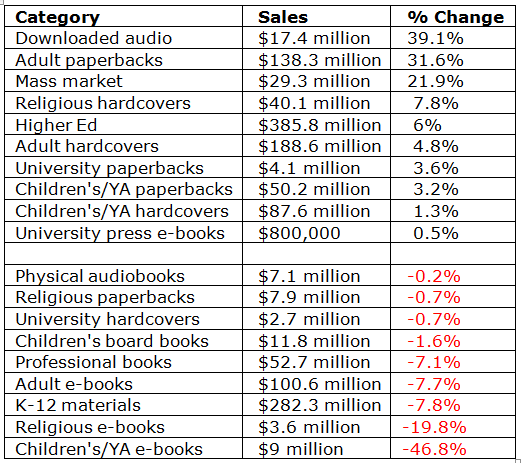

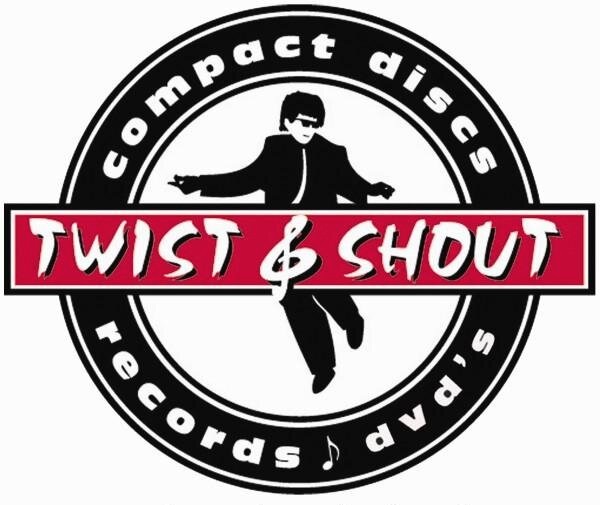 Paul Epstein, owner of the iconic
Paul Epstein, owner of the iconic  The conversation eventually turned to finding a successor for small businesses with an iconic owner or owners. Domnitz said that he didn't have a plan for succession, partly because it was difficult to find people who wanted such a demanding, time-consuming job. Said Domnitz, "Most people at the asylum are not looking for jobs."
The conversation eventually turned to finding a successor for small businesses with an iconic owner or owners. Domnitz said that he didn't have a plan for succession, partly because it was difficult to find people who wanted such a demanding, time-consuming job. Said Domnitz, "Most people at the asylum are not looking for jobs."
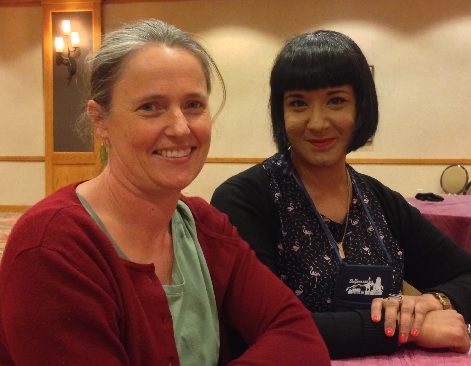
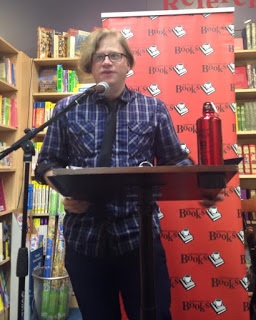 Josh Cook, author and bookseller at
Josh Cook, author and bookseller at 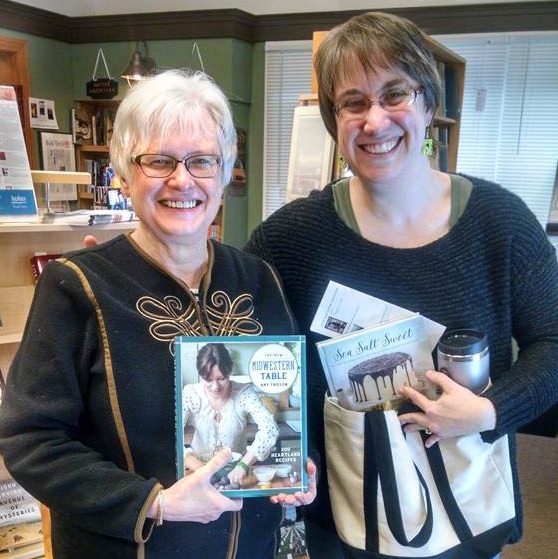 What do book lovers in northern Minnesota do when the wind chill temperature dips to -43 degrees? In Park Rapids, they recently turned out at
What do book lovers in northern Minnesota do when the wind chill temperature dips to -43 degrees? In Park Rapids, they recently turned out at  In addition to its hashtag and
In addition to its hashtag and 
 Book you're an evangelist for:
Book you're an evangelist for: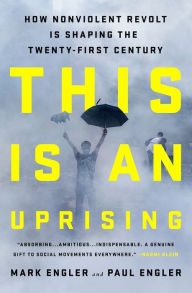 Journalist and author Mark Engler (How to Rule the World) and organizer Paul Engler (founding director of the Center for the Working Poor in Los Angeles) argue that mass protests are not spontaneous eruptions, but "forces that can be guided with the exercise of conscious and careful effort." Drawing on vivid worldwide historical examples and interviews with scholars and organizers in the "tradition of strategic nonviolence," This Is an Uprising is a well-structured and engaging guide to "the art of unarmed uprising."
Journalist and author Mark Engler (How to Rule the World) and organizer Paul Engler (founding director of the Center for the Working Poor in Los Angeles) argue that mass protests are not spontaneous eruptions, but "forces that can be guided with the exercise of conscious and careful effort." Drawing on vivid worldwide historical examples and interviews with scholars and organizers in the "tradition of strategic nonviolence," This Is an Uprising is a well-structured and engaging guide to "the art of unarmed uprising." 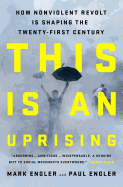
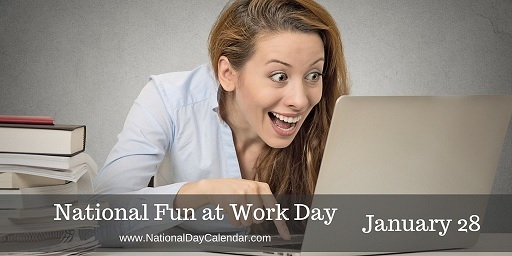 National Fun at Work Day "couldn't arrive at a more ironic time, what with the grumblings over our national minimum wage and the sluggish progress of workplace equality despite growing protest," Signature noted in showcasing quotes from "
National Fun at Work Day "couldn't arrive at a more ironic time, what with the grumblings over our national minimum wage and the sluggish progress of workplace equality despite growing protest," Signature noted in showcasing quotes from "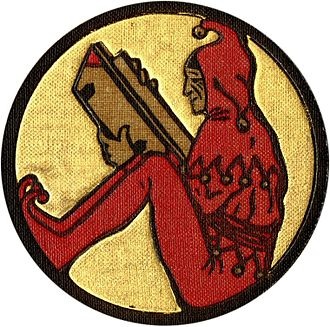 Is bookselling fun? Or are we fools? Consider Touchstone's counsel in As You Like It: "The more pity that fools may not speak wisely what wise men do foolishly.... I do now remember a saying: 'The fool doth think he is wise, but the wise man knows himself to be a fool.' "
Is bookselling fun? Or are we fools? Consider Touchstone's counsel in As You Like It: "The more pity that fools may not speak wisely what wise men do foolishly.... I do now remember a saying: 'The fool doth think he is wise, but the wise man knows himself to be a fool.' "